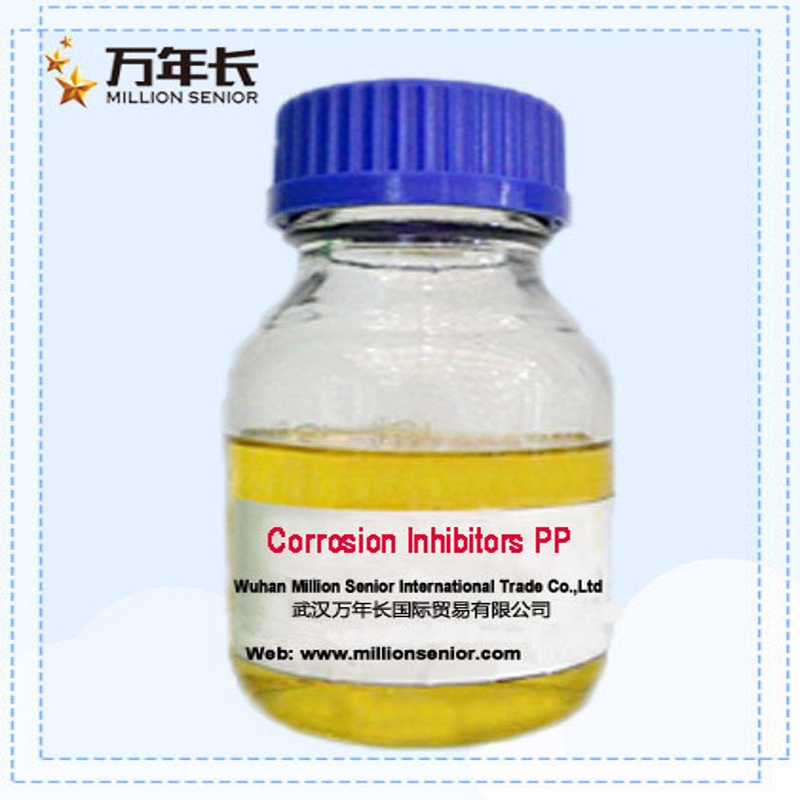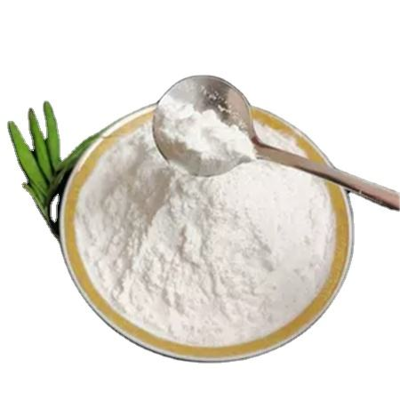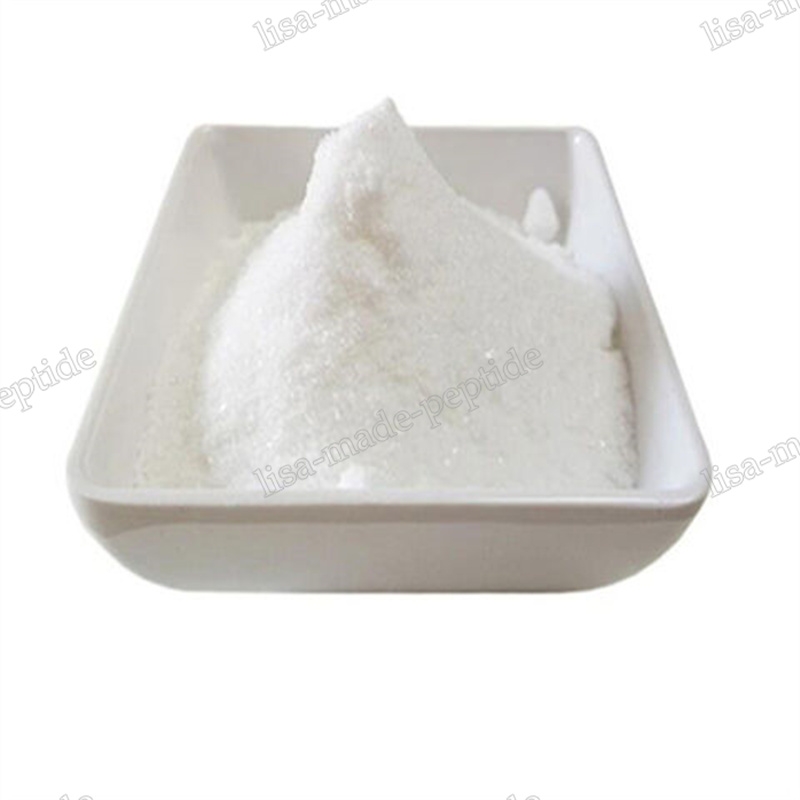-
Categories
-
Pharmaceutical Intermediates
-
Active Pharmaceutical Ingredients
-
Food Additives
- Industrial Coatings
- Agrochemicals
- Dyes and Pigments
- Surfactant
- Flavors and Fragrances
- Chemical Reagents
- Catalyst and Auxiliary
- Natural Products
- Inorganic Chemistry
-
Organic Chemistry
-
Biochemical Engineering
- Analytical Chemistry
-
Cosmetic Ingredient
- Water Treatment Chemical
-
Pharmaceutical Intermediates
Promotion
ECHEMI Mall
Wholesale
Weekly Price
Exhibition
News
-
Trade Service
Recently, the European Commission passed three proposals aimed at improving air, water quality and wastewater pollution in the EU, recommending stricter regulations to control air and water pollution, and strive to achieve zero pollution
by 2050.
The European Commission said in a communiqué that air and water pollution can harm health, the economy and the environment, and that the implementation of stricter regulations can provide a clear return on investment, and the EU should take concerted action to better address pollution at its source
.
The proposal states that EU member states should set medium-term targets to reduce air pollution by 2030 and achieve zero pollution
by 2050.
In terms of tackling air pollution, the European Commission has proposed to amend the EU Ambient Air Quality Directive to set a medium-term target for 2030 to ensure zero air pollution
by 2050.
Specific measures include regularly assessing air quality standards, lowering annual limits for fine particulate matter of major air pollutants, strengthening air quality monitoring and information disclosure, and protecting the rights and interests of victims through effective penalties
.
The annual limit for fine particulate matter will be reduced by more than half by 2030, from 25 micrograms per cubic meter to 10 micrograms
per cubic meter.
In terms of water pollution control, the European Commission proposed to tighten regulations on urban wastewater treatment and surface and groundwater pollution, including strengthening the recycling of resources in municipal wastewater, systematically monitoring microorganisms in wastewater, requiring pollutant producers such as relevant pharmaceutical and chemical companies to pay clean-up fees, and continuously updating the list of surface and groundwater pollutants
.
These proposals will be considered
by the European Parliament and the Council in accordance with ordinary legislative procedures.
Once adopted, the proposal will enter into force
progressively in accordance with the set timeline.







